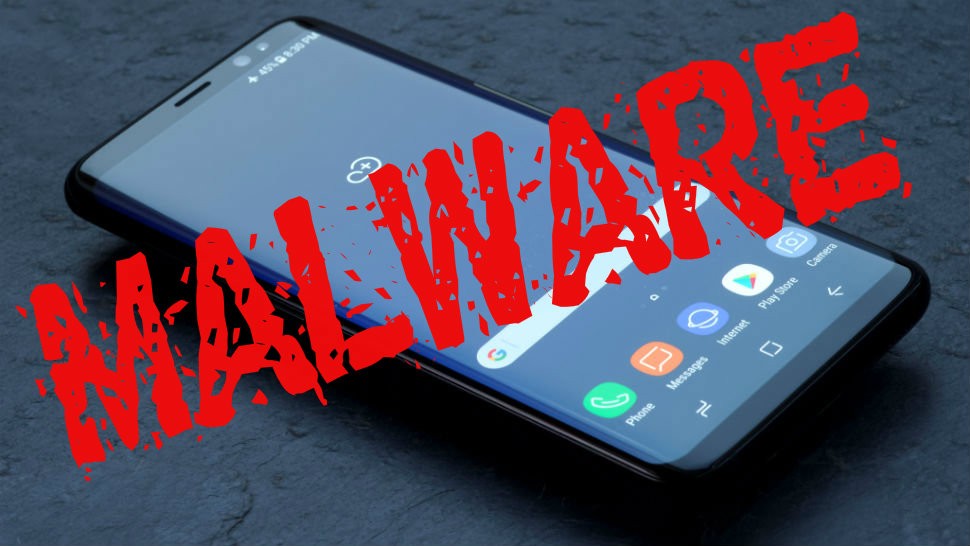Experts in cybersecurity have made a list of the most dangerous mobile applications that you could install on your smartphone.

And is that cybercriminals every day design new methods to achieve their goal, take private information from users, first creating a bond of trust to install an application.
Social networks and e-mail, are other means by which cybercriminals act by conducting false campaigns promising some surprising benefit to attract the attention of users.
For this reason, we will present you some of the most dangerous applications so that you do not fall into the trap:
Banking applications
The credit information is a treasure for the cybercriminals, for that reason, they create different deceptions especially in mobile applications distributed in official stores.
These apps have a series of codes that allow them to appropriate the passwords to access accounts or credit cards.
Game Apps
Fortnite was a key case, in which cybercriminals used their success to create deception.
So it is better that when you download an app you do it from trusted developers, always check the permissions of the app and the comments they have made.
Social networking apps
These are apps that usually promise to achieve something interesting within a social network, such as spying on other users, or revealing who visits the profile itself.
However, what these applications really do, is to obtain the victim’s access codes, photos or other private information that the user uses in the social network.
Recommendations to protect your smarpthone
- Use strong passwords, and try to use different passwords for each platform.
- Update the operating system and apps of your mobile device.
- Back up all your files, or at least the most important ones.
- Download applications from official stores.
- Before installing an app, verify the comments, the assessment and the permissions that it requires.
- Use known and private Wi-Fi networks, especially when handling sensitive information such as credit data.
- Be careful with the messages you receive through email or social networks that include links.














